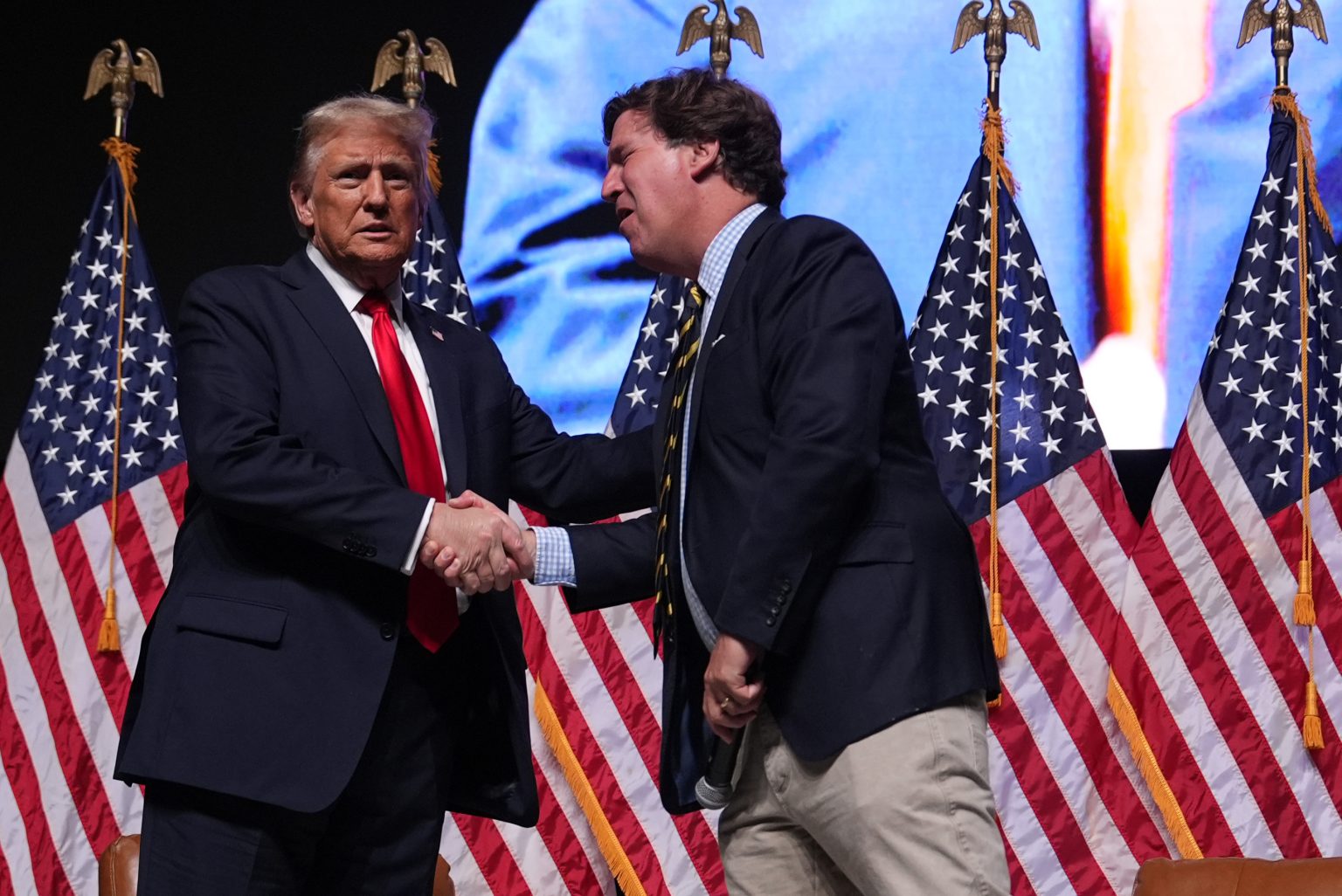Former U.S. President Donald Trump intensified his criticism of Liz Cheney during an event in Glendale, Arizona, where he labeled the former Wyoming congresswoman a “war hawk” and questioned her commitment to sending troops into combat. Trump described Cheney as a “deranged person” and criticized her advocacy for military action without firsthand experience. He framed the discussion as a critique of politicians who promote military intervention from the safety of Washington, D.C., highlighting what he sees as a disconnect between rhetoric and the realities of war.
Cheney has been a vocal opponent of Trump since the Jan. 6, 2021, attack on the U.S. Capitol and has aligned herself with Trump’s Democratic opponents. In response to Trump’s remarks, critics on social media suggested that his comments underscored a lack of understanding of war. Trump’s campaign clarified that the former president was criticizing Cheney’s willingness to send American troops into combat without having served in the military herself. The ongoing feud between Trump and Cheney reflects broader divisions within the Republican Party, particularly regarding foreign policy and military engagement.
During the event in Glendale, Trump was joined by former Fox News host Tucker Carlson, where he continued to criticize Cheney for her advocacy for military intervention across multiple countries. He described her as “a very dumb individual” and a “radical war hawk,” suggesting that she should experience the consequences of her beliefs firsthand. Trump’s comments reflect his strong stance against unnecessary military involvement and his criticism of politicians who promote warfare without experiencing its impact directly.
Cheney recently rebuked GOP vice presidential nominee Ohio Sen. JD Vance for his attacks on former officials who served in Donald Trump’s White House. These former officials, including John Kelly, the former White House chief of staff, have spoken out about Trump’s leadership during their time in the administration. Vance accused Kelly of being too keen on involving the U.S. in foreign conflicts, to which Cheney responded by criticizing Vance for defending someone she referred to as “America’s Hitler.” The exchange highlights the ongoing divisions within the Republican Party over foreign policy and attitudes towards military engagement.
In the wake of Trump’s comments, Vice President Kamala Harris’ campaign and various critics on social media seized on his remarks to suggest a disconnect between his rhetoric and the realities of war. Trump’s campaign clarified that his criticism of Cheney was focused on her support for sending American troops into combat without having military experience herself. The feud between Trump and Cheney adds to the broader divisions within the Republican Party over issues related to foreign policy and military intervention, bringing to light differing opinions on these important matters within the party. The ongoing debate underscores the challenges facing the GOP as it navigates internal disagreements over critical issues like national security and military engagement.








